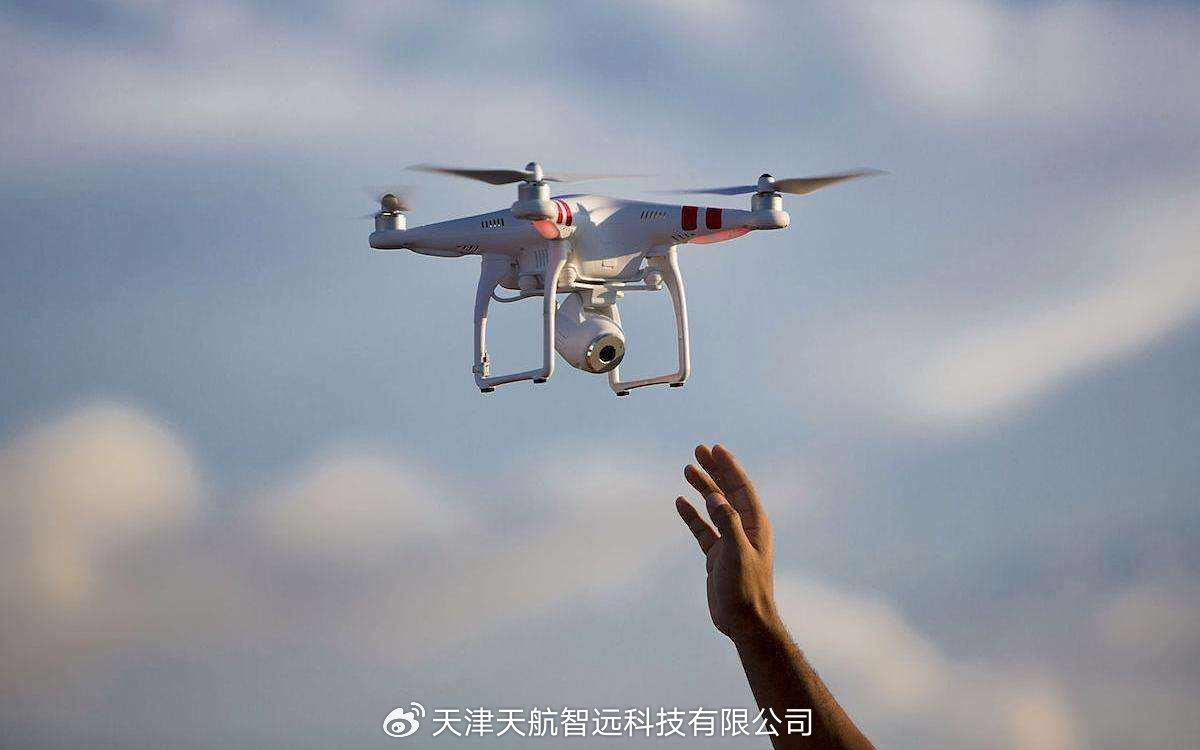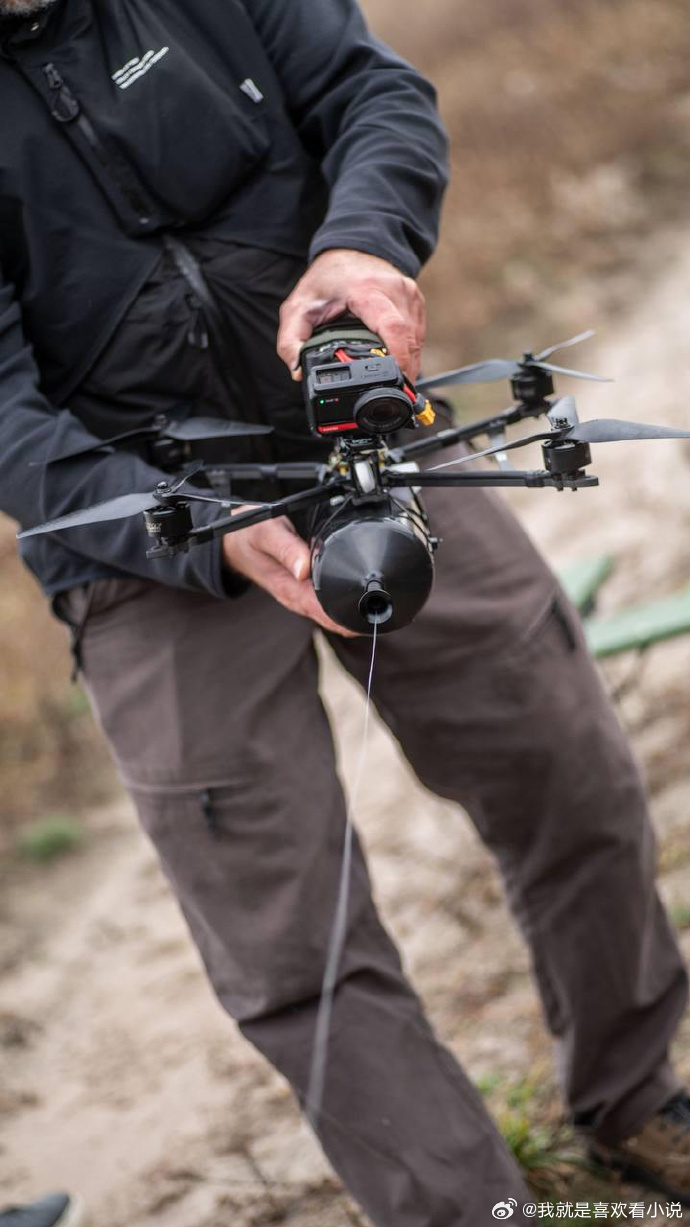The proliferation of drones over United States skies marks a significant shift in aerial surveillance technology. From military applications to commercial usage, these unmanned aerial vehicles (UAVs) are revolutionizing how data is collected and used across various sectors. The impact and implications of drones’ capabilities have sparked both excitement and concern among experts and citizens alike. Understanding the intricacies of drones’ functionality is crucial for grasping their influence on society and industry.
The Evolution of Drone Technology
Aerial surveillance began with traditional aircraft, which had limitations in accessibility, cost, and duration. Drones offer a more flexible and cost-effective alternative, capable of operating autonomously and accessing hard-to-reach areas. Thanks to advancements in technology, drones now come with sophisticated sensors and cameras, enhancing their surveillance capabilities.
Military and Homeland Security Applications
The United States military uses drones extensively for intelligence, surveillance, and reconnaissance missions. Their ability to remain airborne for extended periods allows for continuous data collection. This is crucial for monitoring border areas and ensuring national security. Homeland security agencies similarly employ drones for patrol operations, supporting public safety efforts efficiently.
Commercial and Recreational Utility
In addition to security-related applications, drones are increasingly used for commercial purposes. Industries such as agriculture, construction, and entertainment have embraced drone technology for its ability to provide real-time aerial imagery and analytics. Farmers use drones for crop inspection, while filmmakers capture stunning aerial scenes, previously impossible without expensive equipment.

Privacy Concerns and Regulations
While the benefits are numerous, the rise of drones has sparked privacy debates. Surveillance drones can capture detailed images without individuals’ knowledge, raising concerns over personal privacy. The United States has responded by implementing regulations to govern drone operations, including flight restrictions and mandatory registration. Balancing technological progress with privacy rights remains a pertinent issue.
Technological Advancements
Continuous advancements in drone technology promise even greater surveillance capabilities. Developments in artificial intelligence enhance drones’ ability to analyze data autonomously, improving efficiency in real-time decision-making. As these innovations progress, drones may become even more integral to sectors reliant on aerial surveillance.

Understanding these advancements and their applications is crucial for harnessing drone technology responsibly and effectively.
Future Prospects
Looking beyond current applications, drones hold immense potential for disaster management, wildlife conservation, and environmental monitoring. Their capability to gather comprehensive data and operate under challenging conditions makes them valuable tools for future societal and environmental challenges.
FAQ Section
- What industries benefit the most from drones in the US?
Industries such as real estate, agriculture, filmmaking, and public safety are seeing significant advantages from drone usage, enhancing data collection and operational efficiency. - How are privacy concerns addressed with drone use?
Regulations have been implemented to protect privacy, including setting guidelines on permissible zones for drone operations and requirements for registration to ensure accountability. - Are drones integral to future surveillance strategies?
Yes, drones are expected to play a vital role in future surveillance strategies due to their advanced data collection capabilities and adaptability in various environments.
